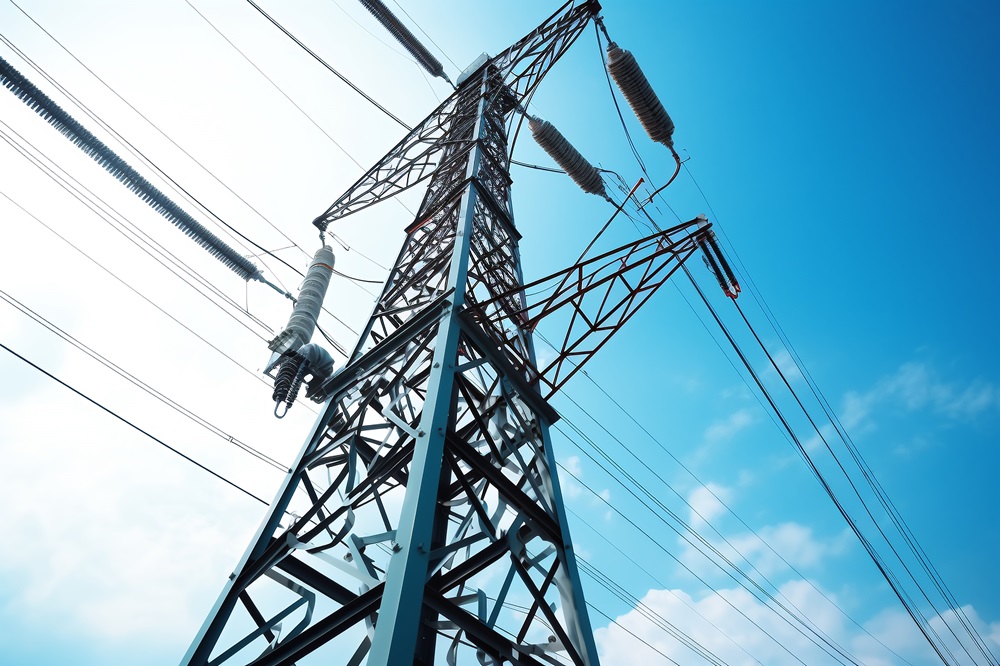Electricity and energy meters are essential devices used to measure the consumption of electrical power in homes, businesses, and industries. While these terms are often used interchangeably, there are distinct differences between the two. Understanding these differences is crucial for consumers and professionals in the energy sector. In this article, we will explore the disparities between electricity meters and energy meters, their functionalities, and their significance in the realm of energy management.
Electricity Meter
An electricity meter, also known as a watt-hour meter, is a device that measures the amount of electrical energy consumed by a specific electrical circuit or appliance. It is commonly installed by utility companies to monitor and bill customers for their electricity usage. The primary function of an electricity meter is to accurately record the amount of electricity consumed in kilowatt-hours (kWh) over a given period.
The traditional electromechanical electricity meter consists of a rotating metal disc that is driven by the flow of electricity. The speed of rotation is directly proportional to the amount of power being consumed. Modern electricity meters, however, have evolved to incorporate digital technology, such as electronic displays and smart metering capabilities. Smart meters enable real-time monitoring of energy usage and facilitate two-way communication between the utility provider and the consumer.
Energy Meter
On the other hand, an energy meter is a broader term that encompasses devices used to measure various forms of energy, including electricity, gas, water, and heat. In the context of electricity, an energy meter is designed to measure and monitor the overall energy consumption of a building, facility, or system. Unlike electricity meters, energy meters provide a comprehensive overview of energy usage across multiple sources and can be used to track and manage energy consumption in diverse applications.
Energy meters are instrumental in energy management and conservation efforts, allowing consumers and businesses to analyze their overall energy usage patterns and identify opportunities for efficiency improvements. They play a crucial role in promoting energy conservation and sustainability by providing valuable data for energy audits, performance evaluations, and the implementation of energy-saving measures.

Differences between Electricity Meter and Energy Meter
The primary distinction between electricity meters and energy meters lies in their scope of measurement. While electricity meters specifically quantify the consumption of electrical power in kilowatt-hours, energy meters encompass a broader spectrum of energy sources and provide a comprehensive analysis of total energy usage. Electricity meters are focused on monitoring individual electrical circuits or appliances, whereas energy meters offer a holistic view of energy consumption within a given system or facility.
Another key difference is the level of data granularity provided by these meters. Electricity meters typically offer detailed information on electrical usage at a specific point of consumption, allowing for precise billing and monitoring of electricity usage. Energy meters, on the other hand, aggregate data from multiple energy sources and provide a more comprehensive overview of overall energy consumption, enabling users to identify trends, patterns, and inefficiencies across different energy types.
Significance and Applications
Both electricity meters and energy meters play vital roles in the efficient management of energy resources and the optimization of energy usage. Electricity meters are essential for accurate billing and monitoring of electrical consumption in residential, commercial, and industrial settings. They enable utility companies to charge customers based on their actual electricity usage and facilitate the implementation of demand-side management programs.
Energy meters, on the other hand, are instrumental in promoting energy efficiency and sustainability. By providing a comprehensive analysis of energy usage across multiple sources, energy meters empower consumers and businesses to make informed decisions about energy conservation and optimization. They are widely used in building management systems, industrial facilities, and renewable energy installations to monitor, analyze, and optimize energy consumption.
In conclusion, while electricity meters and energy meters are both crucial for measuring energy usage, they serve distinct purposes and offer different levels of insight into energy consumption. Electricity meters focus on quantifying electrical power consumption at a specific point of use, while energy meters provide a comprehensive overview of energy usage across multiple sources. Understanding the differences between these meters is essential for effective energy management and conservation, enabling consumers and professionals to make informed decisions about energy usage and efficiency. As the global focus on sustainable energy practices continues to grow, the role of both electricity meters and energy meters in promoting energy conservation and responsible consumption becomes increasingly significant.
Post time: Jun-20-2024

